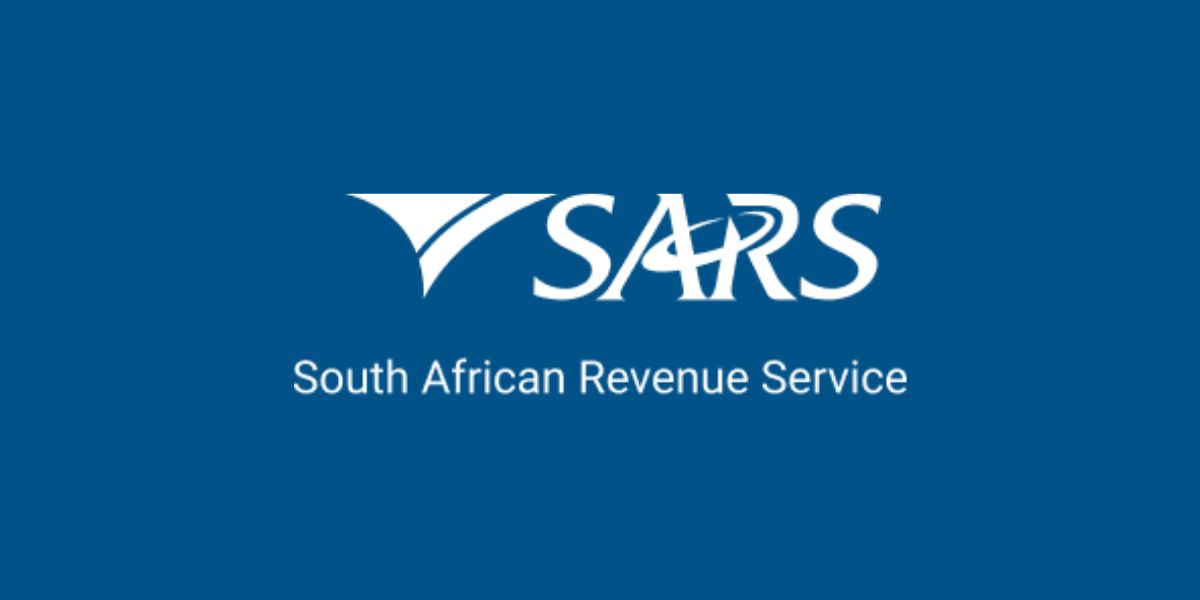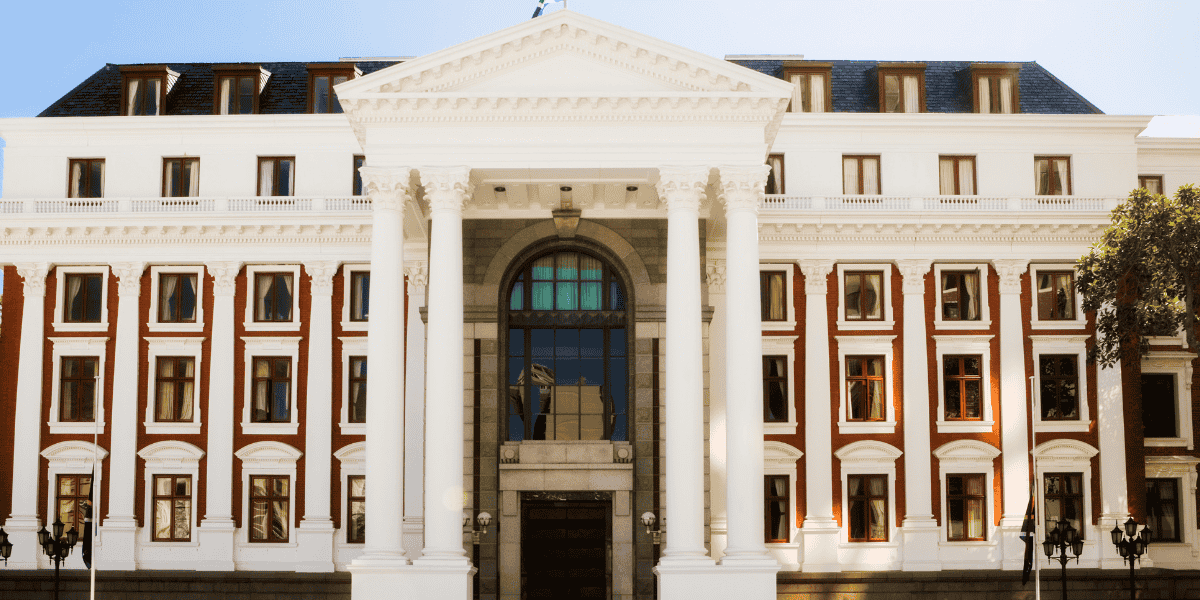On 25 April 2022 the OECD’s Centre for Tax Policy and Administration issued jointly with South Africa’s National Treasury a publication entitled Assessing Tax Compliance and Illicit Financial Flows in South Africa.
Achieving the sustainable development goals by 2030 will require the continued mobilisation of domestic resources to provide adequate public finance. It is therefore important for South Africa to restrict illicit financial flows (IFFs) and to combat tax evasion. A number of recent studies have noted that there have been substantial IFF outflows during the last decade, both from South Africa and from the whole African continent.
The study uses taxpayer microdata, including anonymised data exchanged under the Common Reporting Standard (CRS) and information collected under South Africa’s voluntary disclosure programmes (VDPs), to quantify the amount of non-tax-compliant assets held abroad by South Africans, and looks at taxpayer responses to the recent domestic and international tax transparency initiatives.
The report notes that due to IFFs an estimated USD 3.5 billion to USD 5 billion in IFFs are leaving South Africa each year. IFFs are particularly harmful as the country is facing significant fiscal pressure owing to low growth in the past, rising government debt, high rates of poverty, labour market informality, unemployment and the effects of the pandemic. A more effective strategy is required to restrict IFFs and combat tax evasion.
Although IFFs are difficult to measure, the study takes an approach based on data obtained under the common reporting standard (CRS). The estimates of IFFs are based on the assumption that IFFs from South Africa are not tax-compliant, regardless of the type of flow, and that the flows are likely to end up in financial accounts in international finance corporations. Using these assumptions, the study uses the stocks of foreign wealth reported under the CRS to estimate all IFFs leaving South Africa in recent years.
South Africa’s efforts to combat IFFs have involved transparency initiatives, such as the CRS and domestic voluntary disclosure programs. There is evidence that the increase in international information exchange has produced taxpayer behavioural responses, causing some taxpayers to declare their hidden wealth for the first time.
There was a significant increase in the numbers of taxpayers declaring their assets immediately before the commencement of the Automatic Exchange of Information (AEOI). Under South Africa’s special voluntary program, a further USD 349 million in wealth was declared, resulting in USD 30 million more tax collected. Data from tax returns indicates that an additional USD 20 million may have been disclosed through ‘soft disclosures’, where a taxpayer increases taxes paid without formally participating in a voluntary disclosure program.
The report recommends certain measures to combat IFFs. These should include improvements to analytical capacity; increased use of treaties for the exchange of tax information to obtain priority information; better use of the information exchanged; and improvements in matching CRS data to taxpayer records. There is also a need for more collaboration and data sharing across government agencies, for example sharing the CRS data with other enforcement agencies. The OECD has issued guidance entitled Fighting Tax Crime – The Ten Global Principles outlining essential principles in relation to the legal and administrative actions required to develop an effective system for identifying and investigating tax crimes.
The report notes that ongoing analysis of IFFs is required so they can be better understood. Analysis based on CRS data is considered to be credible for estimating IFFs, and other countries could consider using a similar methodology.














